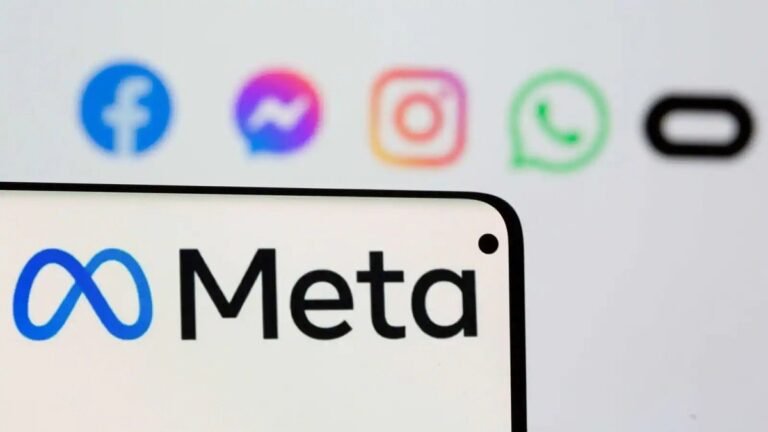Facebook parent company, Meta Platforms, has announced plans to incorporate invisible watermarking into its text-to-image generation product, Imagine with Meta AI chatbot, in the coming weeks.
The move aims to bolster transparency in the use of AI-generated images. The social media giant unveiled a suite of products leveraging artificial intelligence (AI) for consumers in late September, including chatbots capable of generating photo-realistic images and smart glasses equipped to respond to user queries.
In a blog post, Meta stated its intention to extend invisible watermarking to various products featuring AI-generated images in the future. This watermarking technology is designed to resist common image manipulations such as cropping and screenshots, providing a layer of integrity to the generated content.
The success of ChatGPT, a Microsoft-backed chatbot developed by OpenAI, has prompted companies to harness the capabilities of large language models in creating AI-powered products. Meta, in particular, developed Meta AI using a custom model based on the powerful Llama 2 large language model, which the company released for public commercial use in July.
Meta is actively exploring over 20 new applications of generative AI to enhance user experiences across its social media platforms, including Instagram and WhatsApp. The company is not only expanding access to Imagine outside of chat applications but is also testing improvements to search capabilities across its diverse product offerings.
The introduction of invisible watermarking aligns with Meta’s broader commitment to addressing concerns related to the transparency and authenticity of AI-generated content. By implementing this technology, Meta aims to build trust among users and mitigate potential issues associated with the manipulation of AI-generated images.
In other news, unidentified governments are reportedly surveilling smartphone users through push notifications, as highlighted by a U.S. senator. Meanwhile, Fresenius Medical Care disclosed a data breach involving the theft of medical records on 500,000 patients and former patients from a U.S. subsidiary’s data warehouse.
Alphabet, Google’s parent company, has unveiled its advanced artificial intelligence model, Gemini, capable of processing diverse forms of information, including video, audio, and text. Additionally, South Korean police are investigating whether a North Korean hacker group, accused of stealing data from 14 entities, obtained information on defence technology, including an anti-aircraft laser.
As the technology landscape evolves, companies like Meta are strategically incorporating advanced features to enhance the transparency and security of AI-powered products, navigating challenges associated with data breaches and cyber threats in the digital age.




